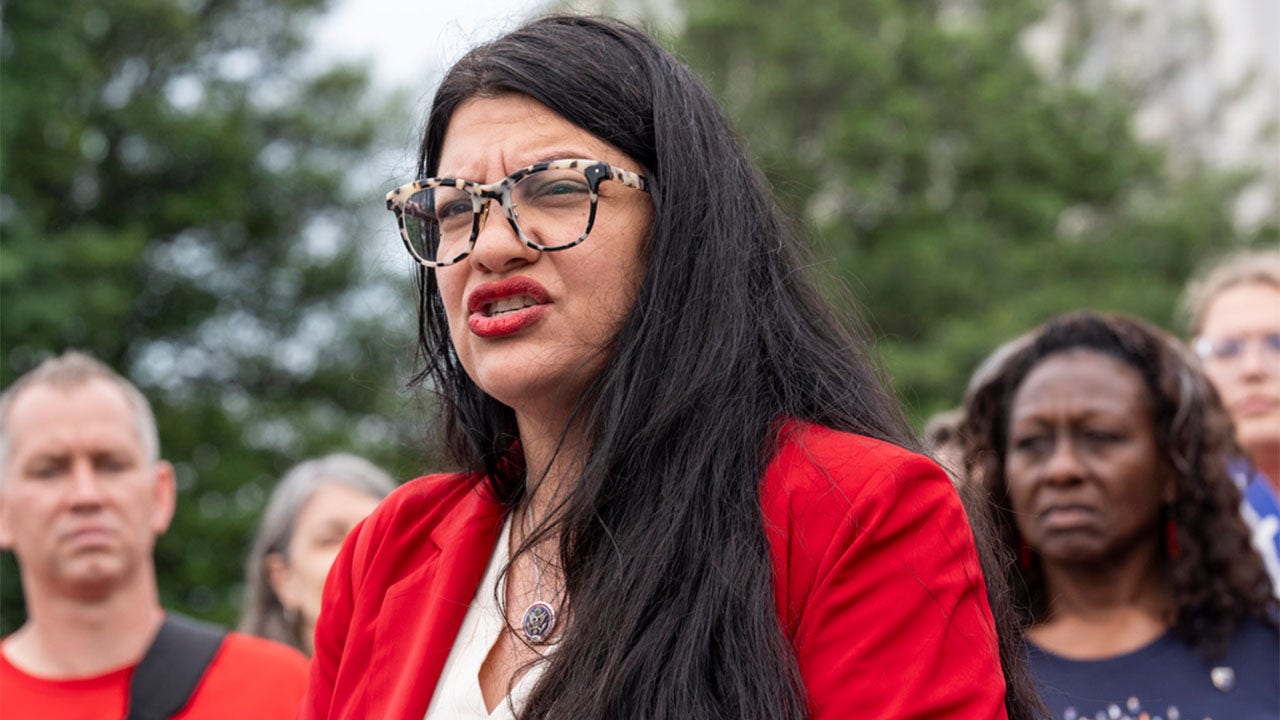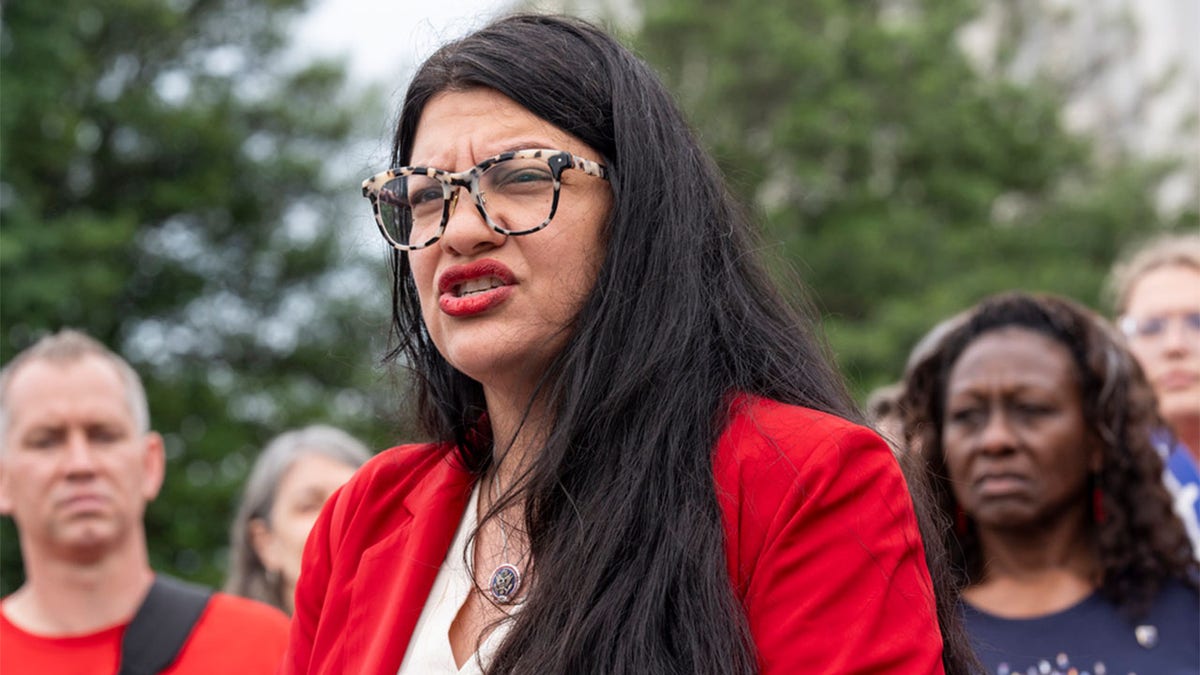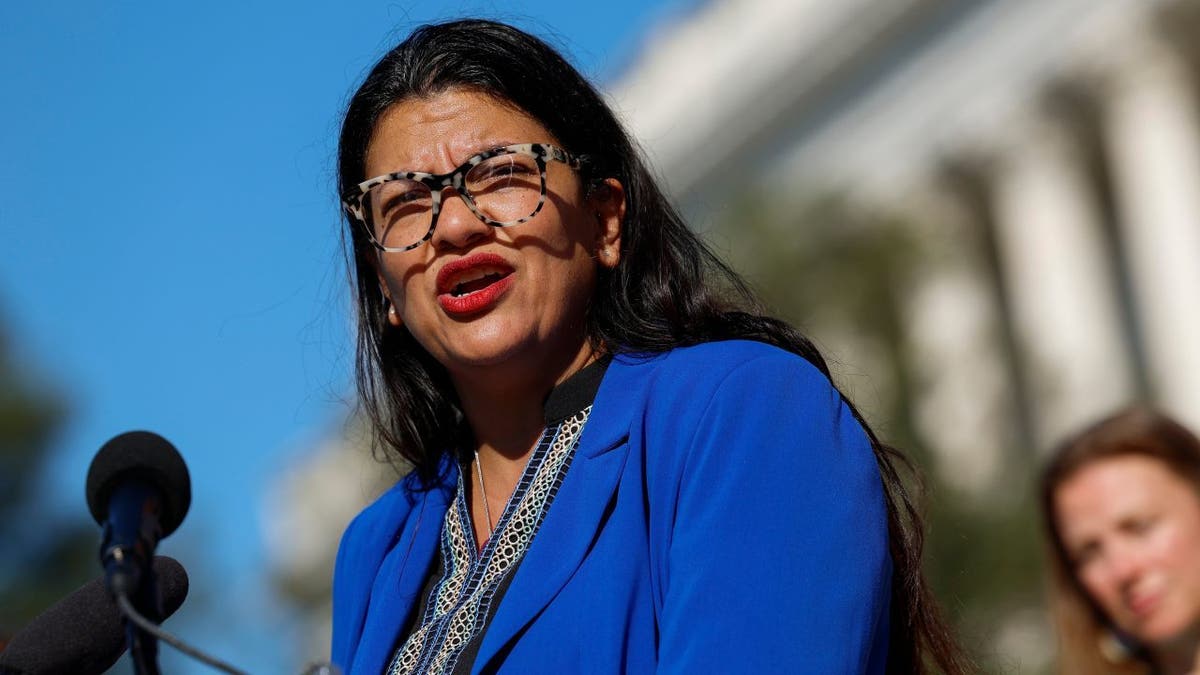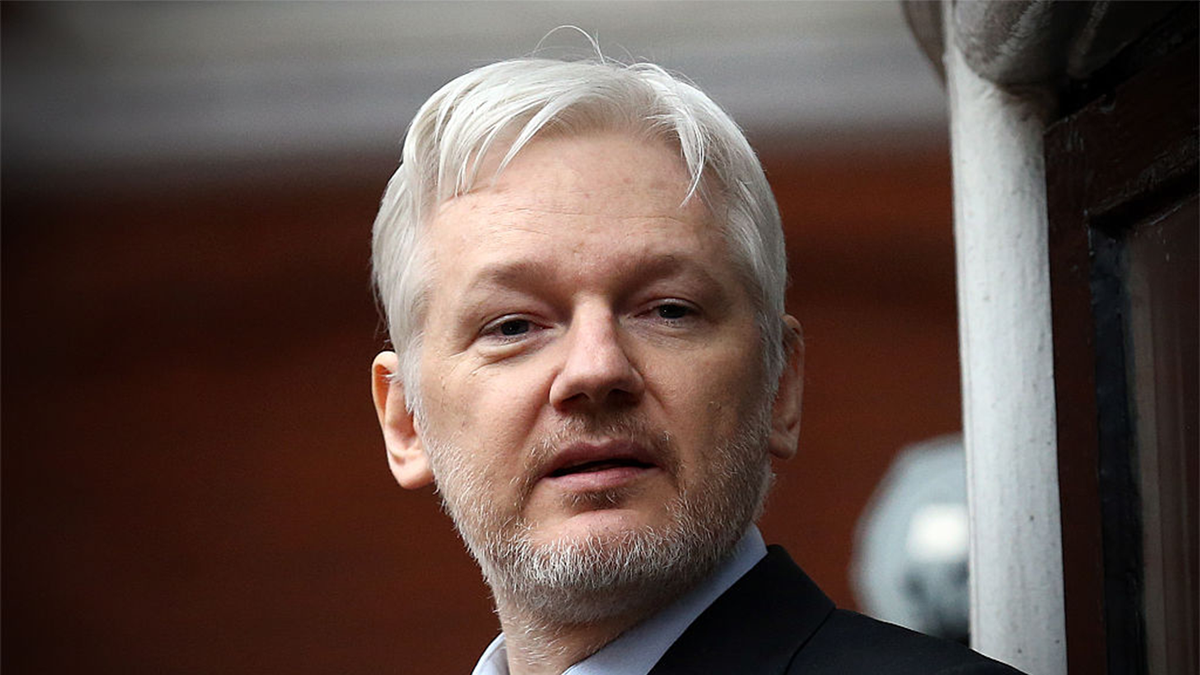
A group of 19 civil liberty, press freedom, human rights and whistleblower protection groups are calling on the House Rules Committee to allow a Floor vote on an amendment to reform the Espionage Act.
Rep. Rashida Tlaib, D-Mich., offered amendment 759 to the Servicemember Quality of Life Improvement and National Defense Authorization Act for Fiscal Year 2025 in an effort to reform the Espionage Act and protect journalists and whistleblowers from the government’s abuse of power.
The groups wrote a letter to Rules Committee Chair Michael Burgess, R-Texas, and Ranking Member Jim McGovern, D-Mass., according to a post on X by Defending Rights & Dissent, which led the letter to the committee.
“We urge you to find the amendment in order and send it to the floor for a full vote,” the groups wrote. “Introduced by Rep. Rashida Tlaib, amendment 759 reforms the Espionage Act to rein in the government’s abuse of the law to target journalists and whistleblowers. Such an amendment is urgently needed.”
HILL AID INTERFERES WITH FOX NEWS CAMERA CREW DURING TLAIB INTERVIEW

Rep. Rashida Tlaib, D-Mich., offered amendment 759 to the Servicemember Quality of Life Improvement and National Defense Authorization Act for Fiscal Year 2025 in an effort to reform the Espionage Act. (AP Photo/J. Scott Applewhite)
“As the amendment deals with provisions of the Espionage Act regulating the disclosure of national defense information, it is germane to the NDAA,” the letter continued. “Further, the amendment addresses core First Amendment rights undermined by the Espionage Act that deserve a meaningful debate.”
Other groups that signed onto the letter include the Freedom of the Press Foundation, Government Accountability Project, Government Information Watch, Project on Government Oversight, National Security Counselors, Reporters Without Borders, Veterans for Peace and Whistleblowers of America.
“The Espionage Act may sound like a law dealing with spies and saboteurs, but this overly broad World War I-era law threatens press freedom by serving as a tool to prosecute publishers, journalists, their sources, and whistleblowers,” the groups wrote. “The Espionage Act, which predates both the classification system and modern First Amendment jurisprudence, criminalizes the unauthorized disclosure of ‘national defense information,’ a term the statute leaves undefined. This law has been used to threaten and prosecute both media outlets that publish government secrets, as well as their sources.”
The letter adds that the law is “so broadly written that on its face it could apply not only to whistleblowers who alert the media to government misconduct and journalists who publish the story, but even just members of the general public who discuss what they read in the newspaper.”
Amendment 759 would align the Espionage Act with “contemporary First Amendment jurisprudence” and would correct “grotesque violations” of due process that Espionage Act whistleblower defendants have faced, according to the letter.
The letter argues that sections §793 and §798 of the Espionage Act have repeatedly been used to threaten press freedom.
The groups said Amendment 759 would tighten the language of the two sections by limiting these provisions to government employees with a responsibility to protect classified information or foreign agents, mandating that national defense information be properly classified, requiring the government to prove the defendant acted with the specific intent to harm the U.S. or help a foreign adversary, allowing a defendant to testify about the reason behind their disclosures and establishing an affirmative public interest defense.

The letter says the Espionage Act is “so broadly written” that it could apply to whistleblowers and journalists, as well as members of the general public who “discuss what they read in the newspaper.” (Anna Moneymaker/Getty Images)
The amendment, according to the letter, is narrow enough that it would impact sections of the Espionage Act that “have been used against actual spies.”
“§793 and §798 of the Espionage Act have grave implications for the First Amendment’s protections for news gathering, as well as the public’s right to know,” the groups wrote. “The American people deserve a meaningful debate on this issue.”
This comes as Wikileaks founder Julian Assange is in prison in the U.K. fighting against extradition to the U.S. on espionage charges for publishing classified U.S. military documents in 2010 leaked to him by a whistleblower, U.S. Army intelligence analyst Chelsea Manning, whose 35-year sentence for violations of the Espionage Act and other offenses was commuted to seven years in January 2017 by then-President Obama.
HOUSE MEMBERS URGED IN BIPARTISAN LETTER TO JOIN DEMANDS FOR BIDEN TO DROP JULIAN ASSANGE’S CASE

Wikileaks founder Julian Assange is in prison in the U.K. fighting against extradition to the U.S. on espionage charges for publishing classified U.S. military documents. (Getty Images)
CLICK HERE TO GET THE FOX NEWS APP
Tlaib has previously called for the release of Assange, including in a congressional letter she led a year ago that urged Attorney General Merrick Garland to drop the charges against Assange.
There have been previous attempts on Capitol Hill to reform the Espionage Act, including when Reps. Thomas Massie, R-Ky., Ro Khanna, D-Calif., and Sen. Ron Wyden, D-Ore., reintroduced the Espionage Act Reform Act in 2022.
Massie and McGovern also led a congressional letter to President Biden last fall calling on him to drop the prosecution of Assange.
